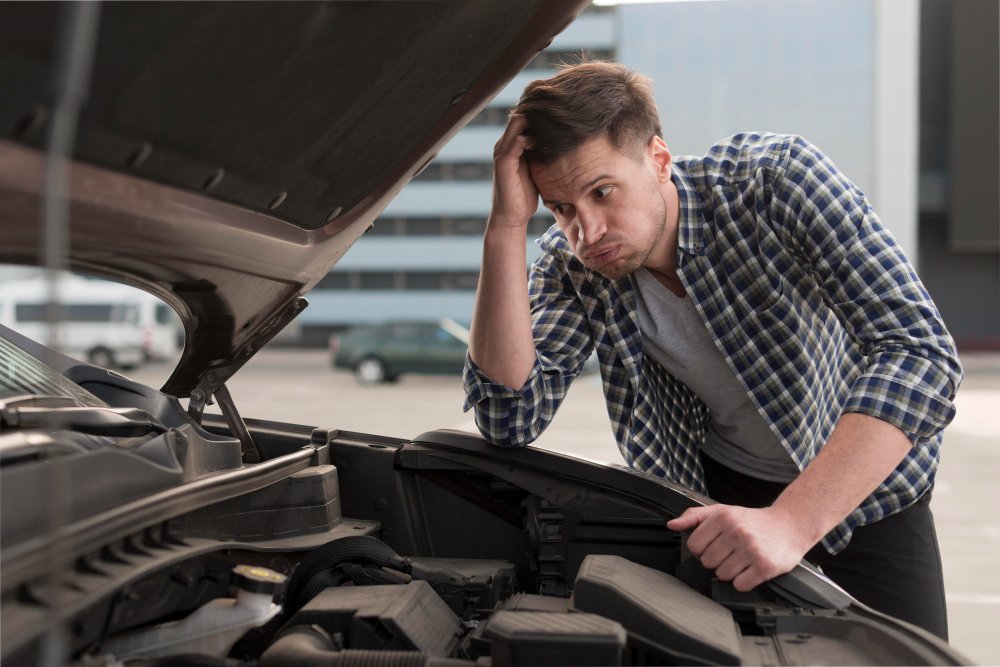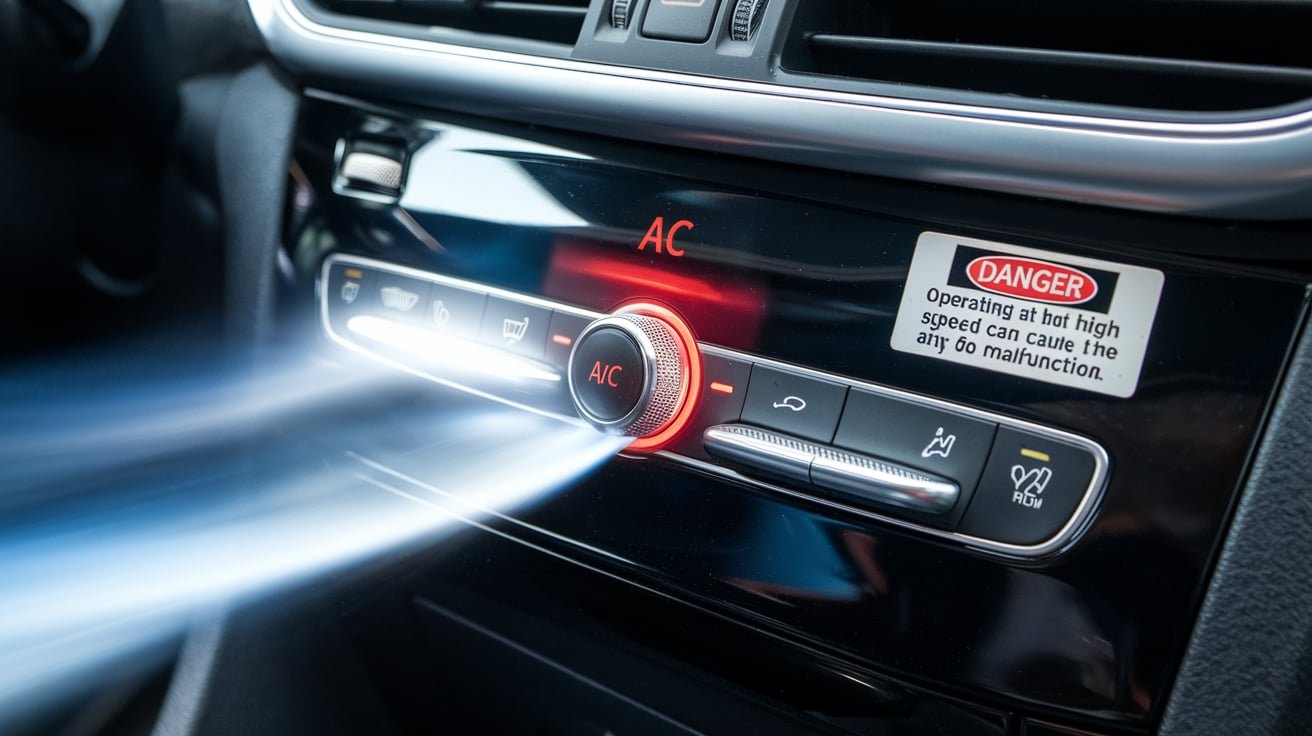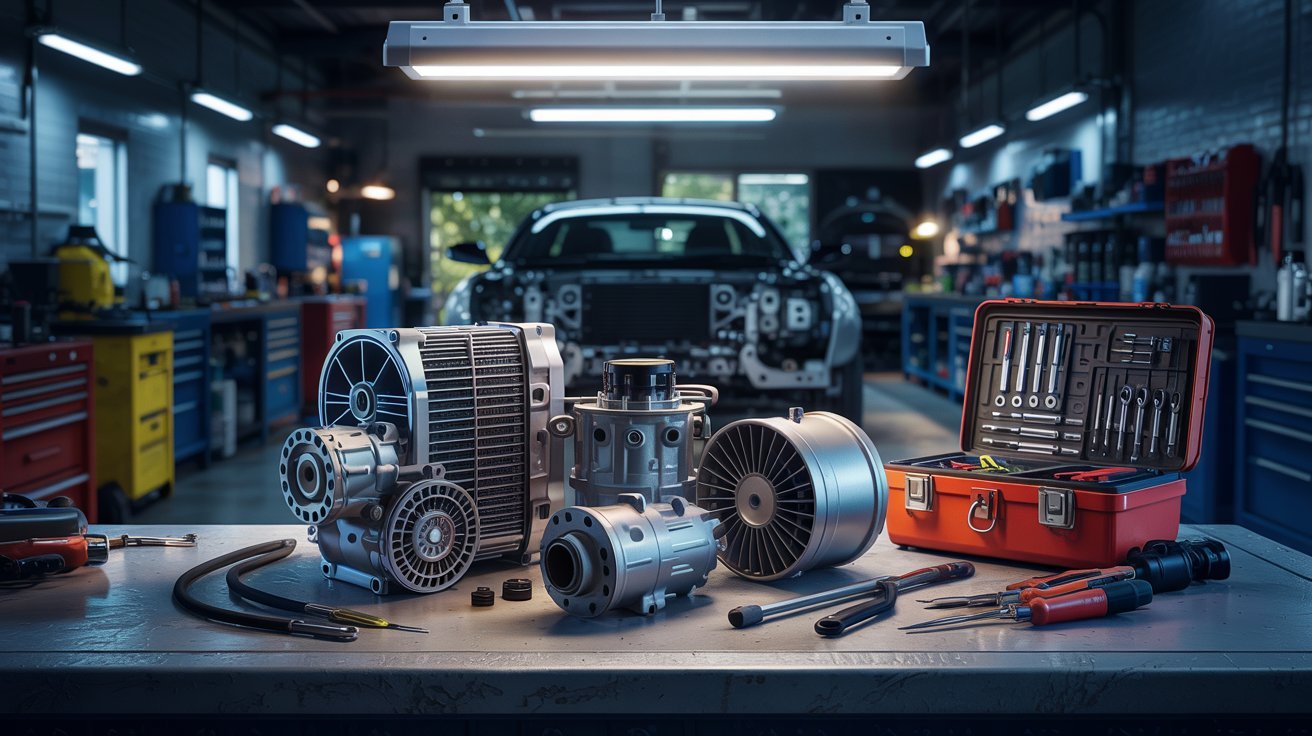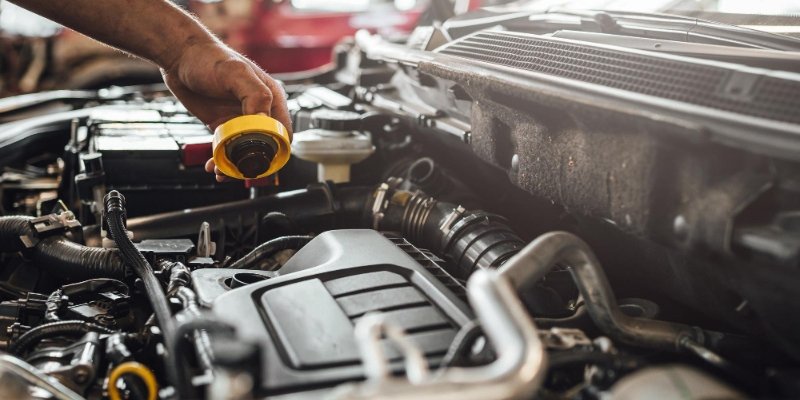If your car smells like gas, it could be more than just a leftover smell from filling up at the station. A strong fuel smell inside your car usually means something’s wrong. It might be a leak, a loose fuel cap, or an issue with the fuel pressure. These problems can be dangerous and lead to bigger repairs if ignored.
Instead of guessing, let a trusted mechanic check it out. If the smell is strong, don’t risk driving—call for help. If you’re in Ajman, BAM Garage is here to find the problem and fix it fast. Catching these signs early keeps you safe and your car running right.

Top 6 Reasons Why Your Car Smell Like Gas?
If you notice a smell of gas inside your car, it’s essential to check for possible reasons before it becomes a bigger issue. Sometimes, if you’ve recently refilled your tank at a station, particularly in Cranston, RI, lingering fumes might drift inside the cabin. A spilled drop of gasoline can also cause the odor to persist until it fully fades away. Additionally, a minor leak or faulty component could be coming from the fuel system, which might show warning signs over time. Whether it’s a small leak or just leftover fumes, staying safe and addressing the cause early will help prevent more significant problems.
Fuel Line Leak
A smelling gas odor in your car could mean a leak in the fuel lines, which is a dangerous problem that shouldn’t be ignored. As fuel travels from the tank to the engine, high pressure keeps it moving, but if there’s damage, gas can squirt out, creating a serious fire risk. If you notice a gas sign on the ground underneath your vehicle, especially near the compartment or exhaust system, turn the car off immediately. A faulty fuel system can affect ventilation inside the interior, making the smell even stronger. Don’t wait—call a tow truck and get your car to a mechanic for an urgent inspection at a repair shop before the issue becomes more extreme while driving.
A Missing or Loose Gas Cap
A missing or loose cap can cause fuel vapors to escape, leading to a strong smell inside your vehicle or around it. If the cap is improperly sealed, the system won’t contain the fumes, making the odor noticeable, especially when driving or parking in traffic. Sometimes, after you’ve filled the tank, gas might have spilled on the ground, or on your clothes, shoes, or hands, causing lingering fumes. Look for rainbow-tinted stains on the side of your car, which could indicate a leak. If the cap won’t twist close properly, you may need to replace it, as it’s essential to prevent harmful fuel exposure and keep your system from developing a bigger issue.

Evaporative Emissions Systems Issues
If you ever notice a strong odour of gasoline inside or around your vehicle, your evaporative emission system might be the culprit. This system captures and stores fuel vapors before they are released into the atmosphere, but if it’s malfunctioning, those fumes can escape, causing that unpleasant smell. A faulty or clogged vent hose, a leaking fuel line, or a damaged injector can allow gas to sneak past its intended routes and enter the air inside your car. Sometimes, a check-engine light may illuminate on the panel, signaling an issue with the system.
A mechanic can perform a thorough inspection to identify whether a component like the charcoal canister is sealed properly or if a pressure imbalance is affecting fuel flow. In some cases, a spark plug or a failing regulator might cause an overly rich mixture, leading to excess fuel burning inefficiently. If your car was recently at the station, a small amount of liquid fuel may have splashed near the filler neck, causing a lingering smell. If the odor persists, it’s best to have your car towed to a professional for repair before the problem becomes more serious.
Fuel Pressure Regulator
A malfunctioning fuel pressure regulator can create an unbalanced air-fuel mixture, leading to poor combustion in the cylinders. This can cause an excess of gas to be expelled through the exhaust, making the smell of gasoline noticeable inside the vehicle or when standing near it. If fumes enter the ventilation system, they can travel throughout the cabin, making it hard to ignore the issue. Other signs of a bad regulator include decreased engine power, efficiency, and quickly burning through fuel. If you notice these indications, it’s best to schedule a service as soon as possible to prevent further problems with the engine and operating system.
Fuel Injector Problems
A damaged or clogged fuel injector can cause a leak in your engine compartment, leading to a strong smelling of gas inside your vehicle. If the injection system isn’t working properly, it can create a rich fuel mixture, producing excessive fumes that travel through the ventilation system into the interior. This can also impact performance, making the engine run inefficiently.
In severe cases, fuel might squirt from lines, pooling into puddles under the tank or on the ground, increasing the risk of fire. If you notice these signs while driving or when parked, immediately turn the car off and contact a mechanic for an inspection. If necessary, arrange for a tow truck to take your car to a shop, where professionals can perform cleaning, replacing, and checking for additional problems before it becomes dangerous.

Gas Leak
A gasoline smell in your car could mean there’s a leaking issue in the fuel line or vent system. If you notice the odor while driving or right after parking, the leak might be from the injection system. Small puddles under the engine or tank can also indicate a leak, making it a serious safety hazard.
Since gas is highly flammable, even a minor leak can lead to a fire risk. It’s crucial to check for unburned fuel or other signs of damage and get it repaired immediately. A damaged fuel system fails to deliver fuel properly, and if the gas starts to evaporate, it can become a dangerous situation. Always address fuel leaks as soon as they occur to prevent major damage.
Conclusion
If your car has a strong smell of gas, it’s a sign of a serious issue that needs immediate attention. A faulty gas cap, fuel leaks, or a malfunctioning injector can lead to fire hazards and decreased fuel efficiency. Ignoring the problem can cause further damage and put your safety at risk. It’s best to take quick action by visiting a professional mechanic who can diagnose the source of the problem and fix it promptly. Keeping the EVAP system and other components in check will ensure your car keeps running efficiently without risks.






